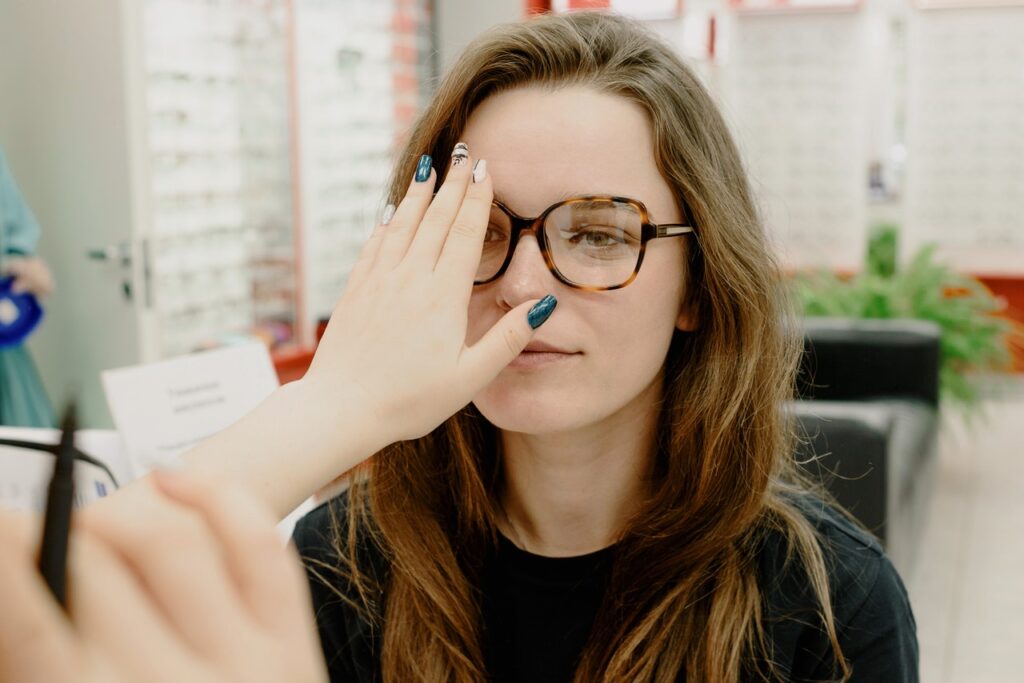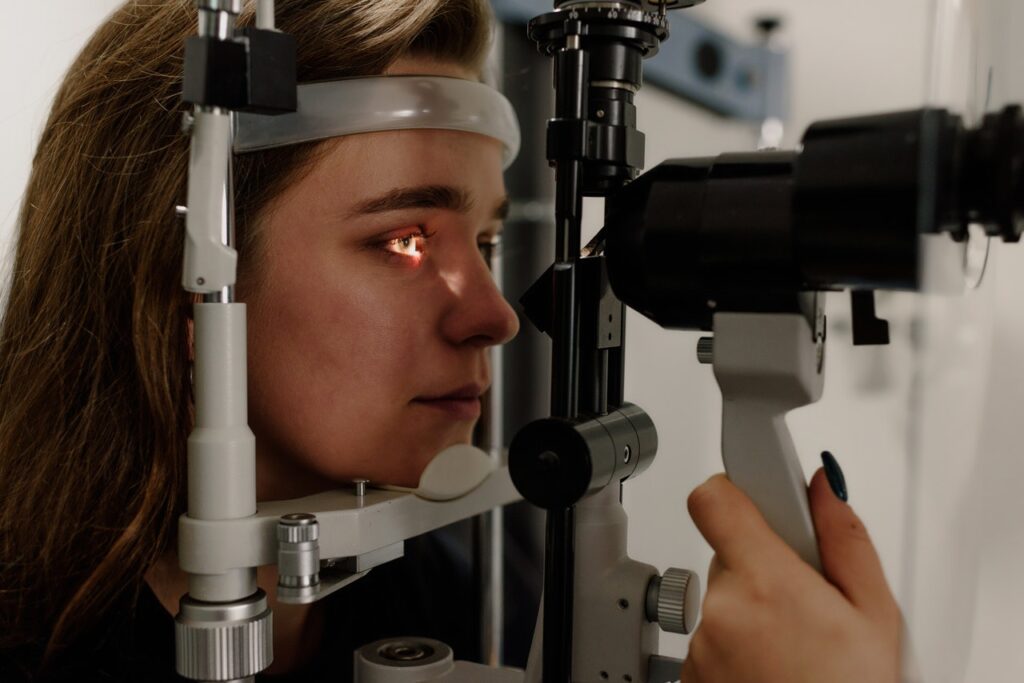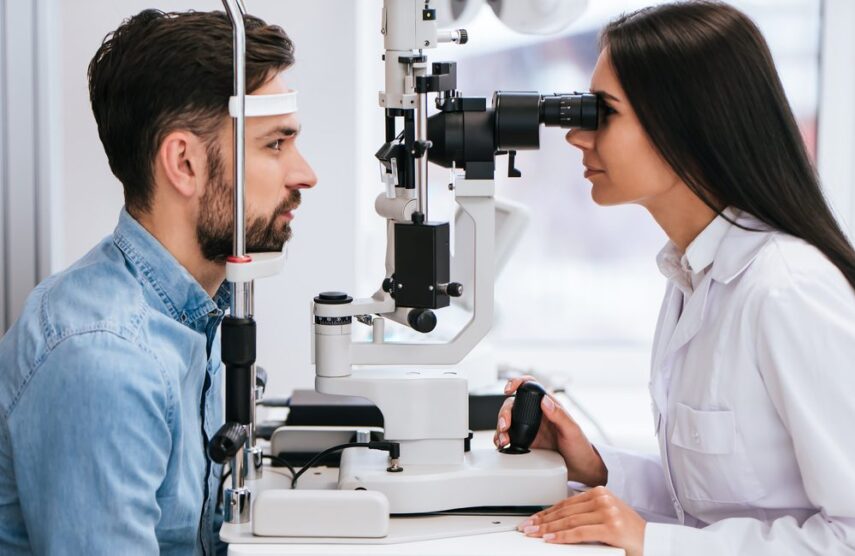Choosing an ophthalmologist is a huge decision and it’s important to find one you feel confident in. The person who will be treating your eyes is responsible for diagnosing and helping treat any disorders you have. Unlike many other types of medical specialists, the type of treatment associated with eye care can vary from patient to patient.
Ophthalmologists have a lot of responsibility. The knowledge, experience, as well as expertise they have, can help one get a healthy eye. An eye doctor can uncover some latent health condition which their general practitioners had missed. This is why you need to select an ophthalmologist who is good and can help you out.
The following are some tips to help you select an ophthalmologist:
Do you need an ophthalmologist?

Be certain that you require an ophthalmologist and not an optometrist. The roles of these doctors are quite different.
Ophthalmologists tend to be medical doctors and surgeons. They go beyond the field of an optometrist to diagnose as well as treat severe eye problems. They also undertake surgeries if needed.
For those who want to get a vision exam or want to update their eye prescription, the services of an ophthalmologist will not be required.
The second opinion should obviously be from an ophthalmologist. The first opinion is important, too. Good doctors are good at spotting the obvious problems. But you can see things that an ophthalmologist can’t. For example, an ophthalmologist can test your eyes, but she can’t talk. She can’t see what the doctor in the picture sees.
Referrals matter
It is a good idea to ask your optometrist or even physician for some referrals. If your GP or optometrist is telling you to get the help of an ophthalmologist, then ask them this. They may have some long standing professional relationships with some good professionals in the area that you are in. You will probably be more confident visiting the one that they have recommended for your diagnosis.
One can even ask neighbors and friends if they know of a good ophthalmologist or have experience with one. Word-of-mouth referrals by those you trust can be helpful. They can tell you about their experience with the professional.
Ophthalmologists are highly trained specialists who spend most of their working time diagnosing, treating, and doing research. They spend three years in medical school, another three to five years in postgraduate training, and then they must pass a written and an oral exam to become a board-certified ophthalmologist.
Consider credentials

Once again, professional credentials are important. The physician’s medical school, residency, and board certification are the three most important factors in determining his or her competence. In ophthalmology, the ophthalmologist’s credentials are especially important. Every year, 3 million people in this country have eye problems. Only 1,000 ophthalmologists treat all of them. Most of the rest of us get our eye problems treated by optometrists.
Although optometrists can fix many eye problems, they are not allowed to perform surgery. So they can’t perform cataract removal or glaucoma surgery. And they generally will not perform eye surgery on healthy eyes. Ophthalmologists, by contrast, can perform eye surgery on healthy eyes. And they can treat virtually any eye problem.
You should carefully research the credentials of the professional. Some people may falsely advertise their education, certification, medical credentials, etc. This is to help their business. The act is a crime but still, some people do it. You should carefully search the qualifications and certifications of the ophthalmologist.
Specialize in your diagnosis
Look for an individual who specializes in your condition and diagnosis. Ophthalmology tends to be a specialty in the medical field. Some ophthalmologists have some areas or treatments that they excel in. The professional may specialize in performing LASIK surgery for instance, check this and similar. If you can find an ophthalmologist that specializes in the particular eye condition that you have, you will be working with someone who has the latest knowledge of the research, treatments, discoveries, etc. in this area.
Experience matters

The ophthalmologist must have experience. If they have experience in your condition, they will be able to handle it more effectively. Check out the reviews that patients have given of the professional from a valid site.
You can look for the best ophthalmologists in the area you are in. There may be some clinics that have these like NewVision Clinics for instance. If you can choose someone who is good, you can get better. You will not be wasting money as well. It is better to invest in the best when it comes to your health and wellbeing. Do your research carefully before choosing an ophthalmologist.
Conclusion
The best ophthalmologists practice at the best hospitals. Hospitals cost a lot of money, and the best people usually want to work there. So the best ophthalmologists all work at the same hospital.
You might think that’s unfair, but fair or not, it is the way it is. But suppose you wanted to find a good ophthalmologist. You could try asking around. That’s the quickest and easiest way. But it’s difficult to judge how good someone is from what other people say.
Another way to find a good ophthalmologist is to talk to someone who knows one. But that’s also difficult. It’s hard to judge how good someone is from talking to someone who knows them.
A third way is research. There are lots of things that doctors can research, and ophthalmologists are no exception. In fact, ophthalmologists research more than any other doctors.Of course, research takes time. So you could look for an ophthalmologist who worked ten years ago, but you don’t know how good he was. That’s called “retrospective research.”
Another way is prospective research. You look for someone who’s good now. You can always tell how good someone is by looking at someone’s past work. If you can judge how good someone is by looking at his past work, then prospective research is the most reliable way.
Good vision is important for everyday activities. People who have a problem with their vision aren’t able to perform these tasks as well as those who can see well. When someone has a problem with their vision, they may decide to go see an ophthalmologist.







